Doctoral candidates
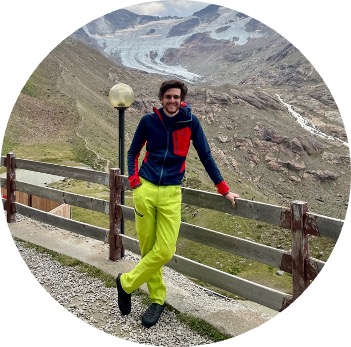
DC1 Alessandro Cuzzeri
Host institution: University of Innsbruck
Project title: The ecological role of bioaerosols on glacial habitats
Background and research interests: Being very passionate about mountains and all the activities they have to offer, from climbing to ski touring, finding my own way in scientific research came as a very smooth and almost natural process, which I feel could hardly have gone down a different route. I have a Master’s degree in Sciences and Technologies for the Environment and the Territory, obtained at University of Milano-Bicocca, and, for both my bachelor and master thesis, I was lucky enough to work with projects which were always related, one way or the other, to those kinds of environments. This helped me immensely with gaining solid knowledge, both theoretical and practical, in terms of handling and analysis of glacial meltwater samples in search for contaminants, the elaboration of a proposal for a new assessment method for the toxicity of various classes of pesticides towards freshwater communities, and in glacial microbiology, in particular regarding the incredible micro-habitats represented by cryoconite holes. While sheer passion provides for a sturdy foundation for my research interest, ascertaining how they are put under pressure by the changing climate creates a certain sense of urgency towards better comprehending how these fragile ecosystems work and evolve, in an effort to delineate future scenarios which both man and biodiversity, which populates these otherworldly habitats, will have to confront.
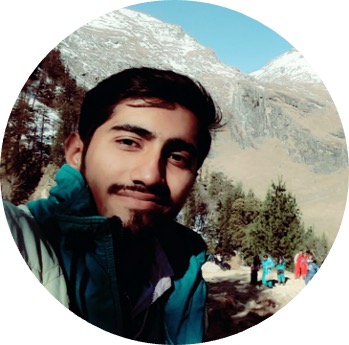
DC2 HARPREET SINGH
Host institution: CNRS
Project title: Microbial inputs to glaciers via snow deposition and their microbial selection processes at glacier surfaces
Background and research interests: The curiosity to understand how life functions at the micro level led me to my Master's in Microbiology to specialize in fermentation technology and bioremediation. Thereafter, I joined an R&D lab where I have worked on multiple projects related to bioremediation and bioinformatics. Now, in ICEBIO, I will be working to understand the microbial dynamics at the snow and glacial interface in terms of biomass and nutrients: how it develops and propagates to the glacier thus storing the nutritional components for centuries. What type of community interaction prevails at subzero temperatures? Which trophic levels are dominating which temporal phases of growth? It will be an interesting ride to find out the journey of microbial life from the snow to the glacier in an oligotrophic and cryogenic environment.
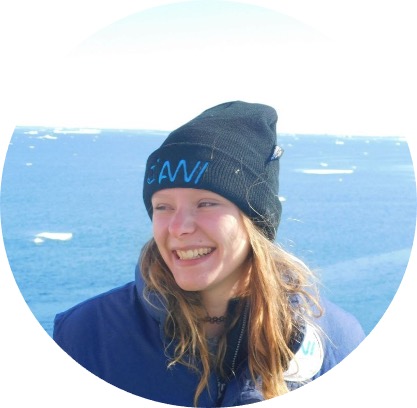
DC3 ANNIKA MORISCHE
Host institution: Aarhus University
Project title: Fluxes and flows of microbial biomass and carbon through surface glacial habitats
Background and research interests: Greetings! As an environmental scientist, I'm on a mission to solve the puzzle that a changing Arctic presents. With a passion for analytical chemistry and microbiology, I strive to shed light on the hidden complexities of carbon fluxes. Within ICEBIO, I will explore the glacier's surfaces, diving deep into the fixation of carbon and the production of metabolites by microbial communities in snow, ice and cryoconite habitats. Having been captivated by the Arctic's beauty and biogeochemical wonders during scientific cruises, I couldn't resist the allure of this unique environment. Thus, I'm thrilled to join this fantastic team and contribute my efforts towards unravelling this icy landscape's mysteries and fostering a collaborative learning culture throughout my PhD journey and beyond.
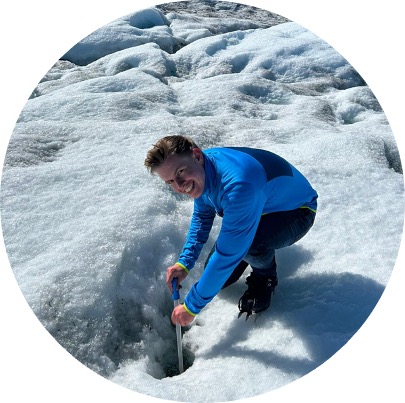
DC4 Lars van dijk
Host institution: Aarhus University
Project title: Metatranscriptomics distribution within the glacier biome
Background and research interests: The study of life and what life entails has always fascinated me ever since I was young. Following my interests, I pursued both my Bachelor's and Master's degrees in Biology at Radboud University in The Netherlands. Throughout my studies, I became increasingly intrigued by the microbial world – a complex molecular world that lies at the foundation of all other lifeforms on Earth. The microbial world is much vaster and more diverse than we can imagine. Microorganisms have evolved and adapted to nearly all kinds of environments in which they play pivotal roles in the biogeochemical cycles among other things. Of particular interest to me is microbial life in the cryosphere, a biome dominated by microorganisms that have adapted to the extreme cold and life-limiting conditions in these seemingly barren wastelands. Recent research has revealed that these microorganisms are of utmost importance to the “health” of the cryosphere and can significantly influence snow and ice melting processes, but our knowledge on these microorganisms remains limited. My research interest is to provide further insights into the role, activity, and biotic and abiotic interactions of these microorganisms in relation to the health of the cryosphere, surrounding ecosystems, and climate.

DC5 ANIRBAN MAJUMDER
Host institution: German Research Centre for Geosciences
Project title: Metabolic pathways in surface and subglacial habitats
Background and research interests: Hey, I am Anirban from India and I have just joined the GFZ Potsdam German Research Centre for Geosciences for my PhD in the IceBio project. During my bachelor's when I started to study microbiology, I came to know about an interesting group of microbes called extremophiles. Since then I have been fascinated with microbial life thriving in these extreme environments and have continued exploring the research field. After my master's I worked on a deep subsurface project for two years and luckily for my PhD, I got an opportunity to work with the IceBio team in which all of the members will study different aspects of the glacier biome. My project will be to study and explore the microbial metabolic life in the Arctic using metabolomics approch. I am excited to study the metabolic pathways the microbes use to survive in this harsh cold environment. It will be a great experience to work with the IceBio team!
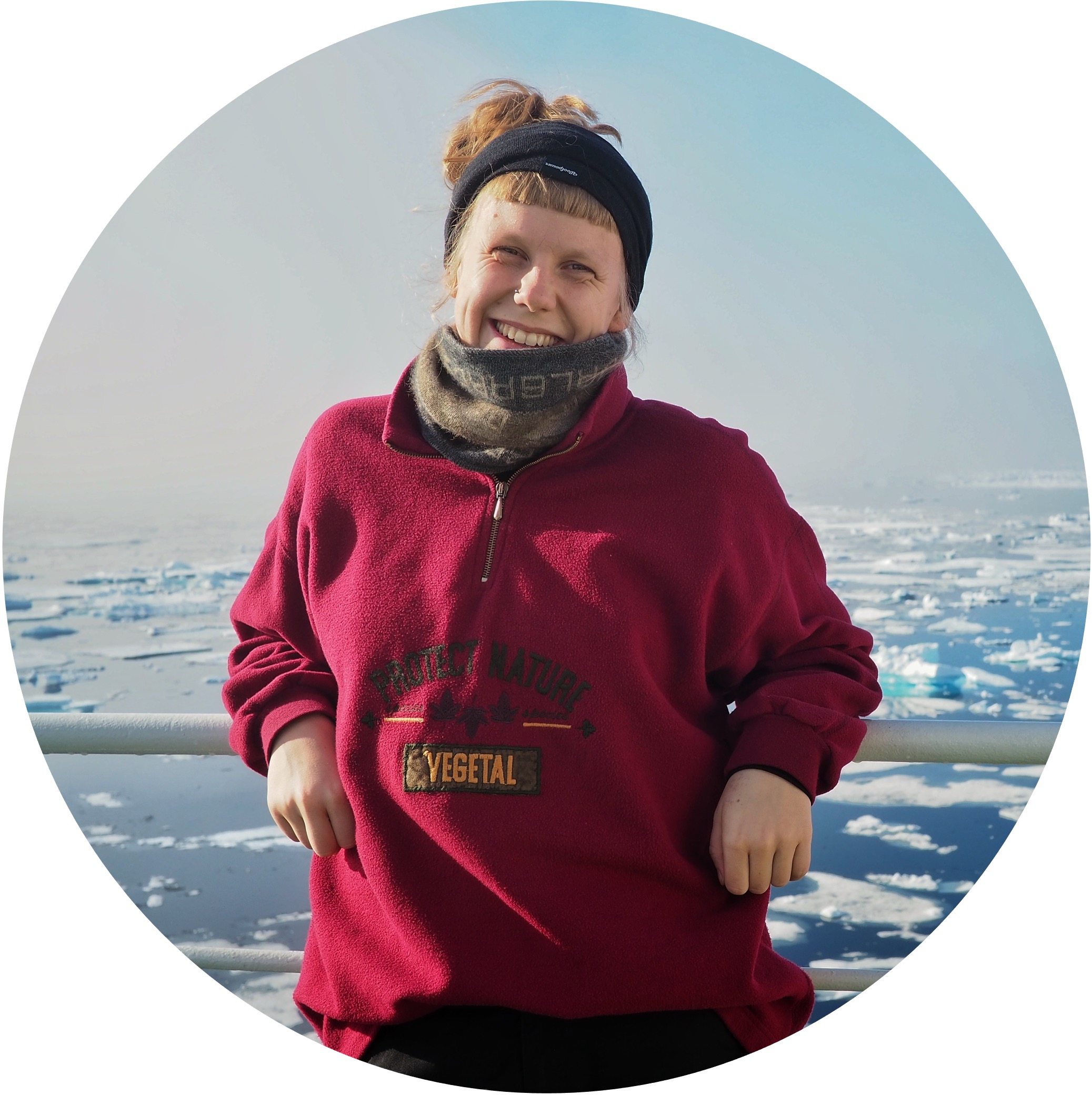
DC6 KLARA KOHLER
Host institution: Aarhus University
Project title: Glacial flour, grinding and nutrient release
Background and research interests : I'm a marine environmental scientist and in May 2023 I started my PhD at Aarhus University in Denmark. My contribution to IceBio will be research on nutrients and glacial flour. In my project I will be studying the release of organic and inorganic nutrients and energy sources from crushed bedrock - so of all the IceBio PhD candidates, I'm the one looking at the bottom of glaciers and studying subglacial processes. My enthusiasm for the Arctic has accompanied me for a long time and after two ship expeditions towards Fram Strait and a university course on Spitsbergen, it was quite clear to me that I want to continue working in Arctic research. That's why I'm looking forward to be part of the IceBio-team exploring the glacier biome and thus extend my research experience!
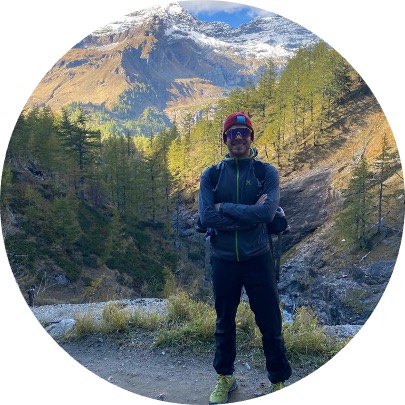
DC7 MARCO AJMAR
Host institution: German Research Centre for Geosciences
Project title: Development of in situ ammonia and phosphate sensors for biogeochemical analyses of glacial meltwaters
Background and research interests: Studying climate change and finding ways to reduce it have always been the centre of my interests. At first, I decided to focus on human activities, so I started a Bachelor’s Degree in engineering of materials and nanotechnology at Politecnico di Milano. After graduating, I realized I wanted to work within environmental research, so I enrolled in a Master’s Degree in environmental science at Stockholm University. During those two years, I became very passionate about biogeochemistry and Arctic ecosystems. Now I just got back from a two month oceanographic expedition in the Pacific Ocean, and I’m ready to start this new exciting adventure within the ICEBIO community! My PhD project is going to focus on the analysis of nutrients (mostly different N and P species) in glacial meltwaters, so I'll be one of the students looking at what's coming out from glaciers. To do so, I will also have to work with microfluidic analysis, deploying instruments provided by ClearWater Sensors, one of ICEBIO's partners.
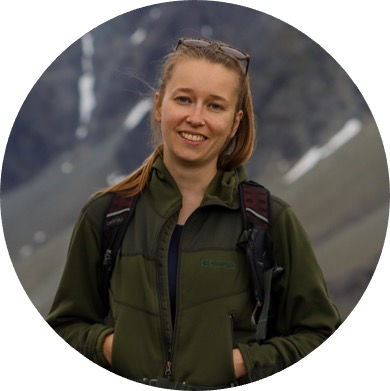
DC8 Silje WAALER
Host institution: The Arctic University of Norway
Project title: Glacial Flour Power – Impact of Sediment-bound Nutrients and Metals Exported from Glaciers
Background and research interests: Through a self-arranged sailing voyage to the remote Northeast Greenland in 2019 I grew a strong interest for the Arctic and especially the glaciers, whose milky waters we sailed and icebergs we navigated through. These very complex environments, that characterizes glacier fed fjords, is a perfect study area for the interconnectedness between geochemistry and microbiology - a great passion of mine.
In my project through ICEBIO I'm going to investigate the power of glacial flour. Glacial flour can contain various types of nutrients and metals, sourced from the rock. Some of these have benefits for life in fjords and can provide nutrition for the growth of phytoplankton. In my project I will assess the potential for different glacial flours to release nutrients and metals to fjords and coasts. Moreover, I will investigate how these differences in nutrient and metal release then drive variations in phytoplankton communities. Some of the metals found in glacial flour can also be toxic if found in certain forms and at high levels, and past studies show high release of mercury from glaciers and ice sheets. Mercury is a metal that can be methylated into methylmercury by microorganisms – this is highly toxic and known for its ability to accumulate in organisms. In the second part of my project, I will screen waters and sediments throughout Kongsfjorden, Svalbard, for the presence of genes related to methylation of mercury and relate the abundance of these genes to concentrations of methylmercury in the fjord. This will help better our understand on how and where methylation occurs in glacier fed fjords, and thus, how methylmercury might end up in the food we eat.
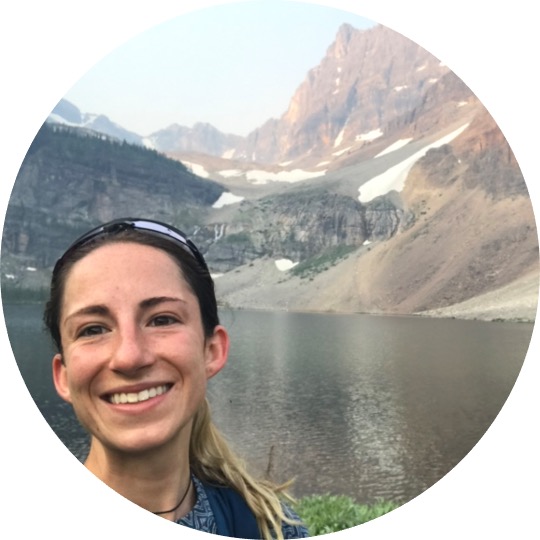
DC9 KARA SAMPSELL
Host institution: Hydreka
Project title: Molecular and community response to glacial flour and impact on N-cycling
Background and research interests: My research has previously focused on examining the role of microbial communities in humans and food as environments. In this PhD project, I am excited to follow my love for nature and broaden my focus to investigate microbes in the context of rapidly changing glacial environments and climate-friendly agricultural solutions. I will explore microbial communities associated with glacial flour and their contributions to nitrogen cycling. This rock flour, known for giving glacial lakes their signature milky blue, is exported from the base of glaciers and contributes nutrients to downstream ecosystems. Alongside characterizing downstream ecological impacts, studying these microbial communities and their metabolic roles will allow us to better evaluate the use of glacial flour as a strategic alternative to other agricultural fertilizers. Microbial communities associated with glacial flour may assist us in the development of approaches to support food production and reduce greenhouse gas efflux. I am excited to be a part of IceBio to help characterize the roles and potential of microbes in these rapidly changing environments!

DC10 NASIM KASHIRI
Host institution: Dr. Brill + partner GmbH
Project title: Pathogens in glacial environments of the European Alps
Background and research interests: I have always been curious about living organisms and therefore studied Cellular and Molecular Biology for my Bachelor’s degree. Throughout my studies, I discovered my passion for the microbial world and I pursued my Master’s degree in Microbiology. My research has been previously focused on environmental microbiology which deals with the role of microorganisms in supporting a thriving, viable and inhabitable environment. It helps to figure out the nature and functioning of the microbial population residing in all parts of the biosphere, i.e., air, water, and soil.
Within ICEBIO, I will be exploring pathogens among glacier-ice microbes. The ice sheets are now known to be a gigantic reservoir of microbial life and a huge amount of these bacteria are being released by melting glaciers due to global warming. The microbes being washed downstream could fertilize ecosystems, however they needed to be better studied to identify any potential pathogens. There is a hypothesis that this massive release of potentially-pathogenic microbes—many of which disappeared from the face of the Earth thousands and even millions of years ago—could give rise to epidemics. Consequently, examining and exploring these microorganisms and their risk assessment are of high significance. I do believe that this PhD project will lead me to broaden my knowledge and experience to a great extent. That is why I feel so exhilarated to start my journey as a member of the ICEBIO team!
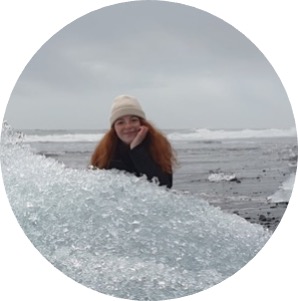
DC12 LEA FRANCOMME
Host institution: École polytechnique fédérale de Lausanne
Project title: A holobiont approach to unraveling the success of a key primary producer in glacier-fed streams.
Background and research interests: As a biotechnologist by training, I have always been fascinated by the amazing ability of microorganisms to thrive in extreme environments. Therefore, after achieving my master thesis on glacier ice algae and their microbial community, I naturally turned my interest towards glacier-fed streams which are also facing the consequences of climate change. Indeed, glacier melt due to climate change influences strongly the downstream ecosystems such as glacier fed-streams. During my PhD, I will focus on a primary producer from those streams, an algae called Hydrurus. I will first develop a method to cultivate it in the lab in order to later be able to structurally and physiologically characterise it.











